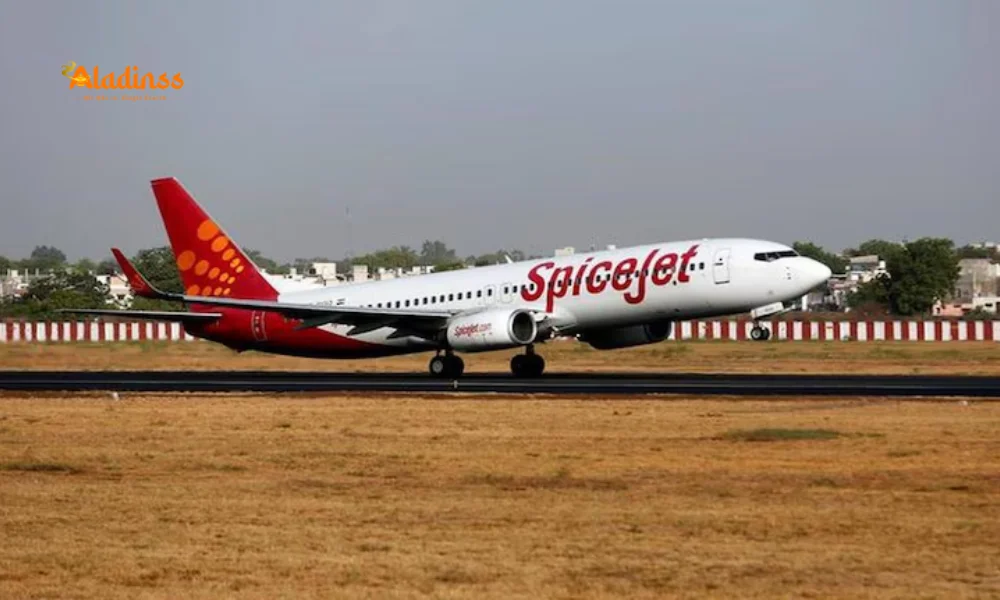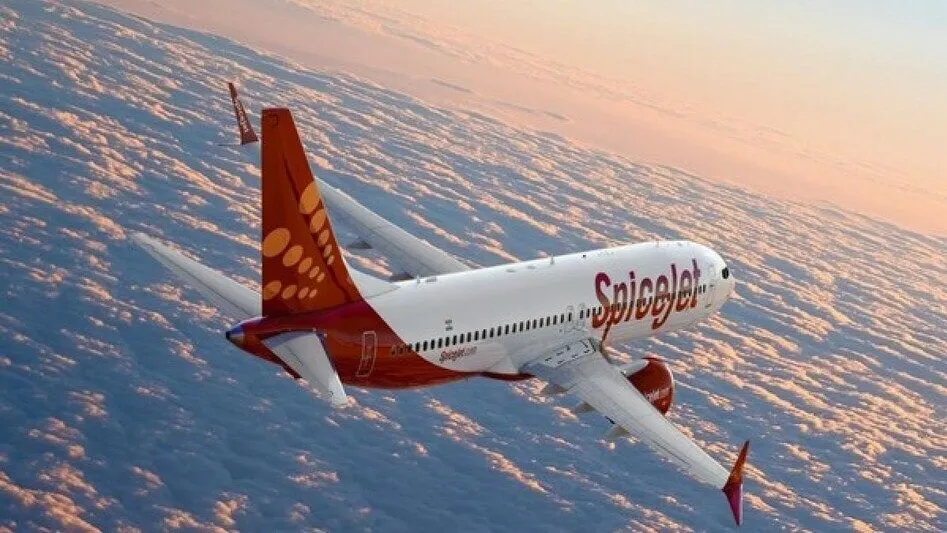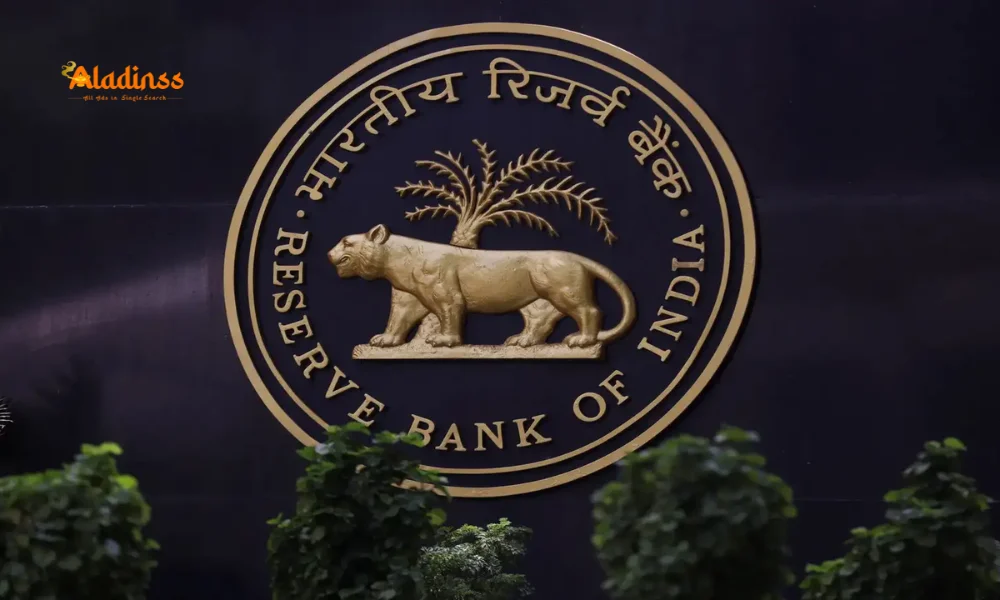SpiceJet Share Price Jumps 5% on $89.5M Boost

SpiceJet Share Price Jumps 5% on $89.5M Liquidity Boost
On September 11, 2025, SpiceJet’s share price surged over 5% during intraday trading on the Bombay Stock Exchange (BSE), reaching an intraday high of ₹34.85. This significant uptick followed the airline’s announcement of a landmark settlement with Carlyle Aviation Partners, unlocking a substantial $89.5 million liquidity boost. Despite a lackluster market, with the BSE Sensex remaining flat at 81,415, SpiceJet’s stock opened at ₹33.49, up from its previous close of ₹33.06, and briefly soared by 5.4% before settling at a 2.24% gain, trading at ₹33.80 by 10:25 AM. This development marks a pivotal moment in SpiceJet’s ongoing efforts to stabilize its financial position and regain investor confidence.

Details of the Carlyle Settlement
SpiceJet announced on September 11, 2025, that it had reached a significant settlement with Carlyle Aviation Partners, a move that has bolstered its financial outlook. The agreement unlocks $79.6 million in cash maintenance reserves designated for future aircraft and engine maintenance, alongside an additional $9.9 million in cash maintenance credits to offset lease obligations. This $89.5 million liquidity infusion is part of a broader restructuring deal involving lease obligations totaling $121.18 million, complemented by the issuance of equity shares worth $50 million.
The settlement also includes a mechanism whereby, if Carlyle and its affiliates realize proceeds exceeding $50 million from the sale of these shares, a portion of the excess will be applied to offset SpiceJet’s future lease obligations. This strategic arrangement not only reduces the airline’s financial liabilities but also strengthens its balance sheet, positioning it for sustainable growth. Ajay Singh, Chairman and Managing Director of SpiceJet, described the agreement as a “significant milestone” in the company’s restructuring efforts, emphasizing Carlyle’s confidence in SpiceJet’s long-term prospects.
Impact on SpiceJet’s Financial Strategy
The liquidity boost comes at a critical juncture for SpiceJet, which has been grappling with financial challenges, including grounded aircraft and mounting lease obligations. The $79.6 million in cash reserves will support essential maintenance work, ensuring the airline’s fleet remains operational and compliant with industry standards. The additional $9.9 million in maintenance credits further alleviates financial pressure by reducing lease-related costs. This settlement is a key component of SpiceJet’s broader restructuring strategy, which includes reducing liabilities, reviving grounded aircraft, and expanding its operational capacity.
Ajay Singh highlighted the transformative nature of the deal, stating, “This transaction meaningfully reduces our liabilities, strengthens our balance sheet, and positions us well for sustainable growth.” The agreement also aligns the interests of SpiceJet and its lessors, fostering a collaborative approach to the airline’s recovery. By issuing $50 million in equity shares, SpiceJet has provided Carlyle with a stake in its future success, further solidifying their partnership.
Also Read: Infosys Share Price Up 1.51% on Nifty 50
Recent Financial Performance
Despite the positive market response to the Carlyle settlement, SpiceJet’s financial performance remains under scrutiny. On September 5, 2025, the airline reported its April-June quarter results for the financial year 2025-26, revealing a consolidated net loss of ₹234 crore, a stark contrast to the net profit recorded in the same period the previous year. The loss was attributed to multiple challenges, including grounded aircraft awaiting maintenance, airspace restrictions in key markets, and subdued passenger demand following the tragic Air India crash on June 12, 2025.
The company’s operational revenue for the quarter stood at ₹1,120.2 crore, down 34.4% from ₹1,708.2 crore in the corresponding quarter of the previous year. On an EBITDA basis, SpiceJet reported ₹18 crore, significantly lower than the ₹402 crore recorded in Q1 FY25. Despite these setbacks, the airline maintained a strong Passenger Load Factor (PLF) of 86%, reflecting continued customer preference. The financial results underscore the challenges facing SpiceJet, but the recent liquidity boost offers hope for a turnaround.
SpiceJet’s Share Price Trends
SpiceJet’s stock has experienced significant volatility over the past year. Year-to-date, as of September 10, 2025, the stock has declined by over 40%, hitting a 52-week low of ₹31.25 on August 11. This contrasts with its 52-week high of ₹79.90 on September 16, 2024. The recent 5% jump on September 11, driven by the Carlyle settlement, marked a break from six consecutive sessions of decline, although the stock remains down 10% for the month of September. Despite these challenges, the stock has shown resilience, with a 33% rise over the year, outperforming the BSE Sensex’s 1.7% gain, according to market data.
The airline’s market capitalization stands at ₹4,333.12 crore, reflecting its position as a significant player in India’s aviation sector. However, the stock’s performance has been hampered by operational constraints, including a reduced fleet size of 28 aircraft in 2024, down from 74 in 2019, with 36 aircraft grounded due to funding issues. The recent liquidity boost is expected to aid efforts to unground some of these aircraft, potentially boosting operational capacity and investor sentiment.
Broader Context and Future Outlook
SpiceJet’s financial struggles are emblematic of the broader challenges facing India’s aviation industry, including geopolitical turbulence, supply chain disruptions, and fluctuating passenger demand. The airline has been proactive in addressing these issues through strategic settlements and fundraising efforts. In addition to the Carlyle deal, SpiceJet has secured lease agreements for 10 Boeing 737 aircraft, set for induction from October 2025, and is in discussions for additional narrow-body and wide-body aircraft to bolster its fleet during the winter season.
The company also plans to raise ₹3,200 crore through a Qualified Institutional Placement (QIP), with proceeds earmarked for settling liabilities, reviving grounded aircraft, and expanding the fleet. These efforts are part of a broader turnaround strategy that includes focusing on profitable routes, enhancing ancillary revenue, and optimizing costs. The Carlyle settlement, combined with these initiatives, positions SpiceJet to navigate the competitive aviation landscape and work toward long-term financial stability.
Market Sentiment and Investor Confidence
The 5% surge in SpiceJet’s share price reflects growing investor confidence in the airline’s restructuring efforts. The settlement with Carlyle Aviation Partners, one of the largest lessors for SpiceJet, signals a positive shift in the company’s financial strategy. Analysts have noted that the deal not only reduces immediate financial burdens but also enhances the airline’s ability to address operational challenges, such as fleet maintenance and expansion.
However, challenges remain, including the need to address statutory dues, high operational costs, and the impact of external factors like geopolitical tensions. The airline’s leadership remains optimistic, with Ajay Singh emphasizing SpiceJet’s resilience and potential for recovery. As India’s aviation and tourism sectors continue to grow rapidly, SpiceJet’s strategic initiatives could pave the way for a stronger market position in the coming quarters.
Comment / Reply From
No comments yet. Be the first to comment!









